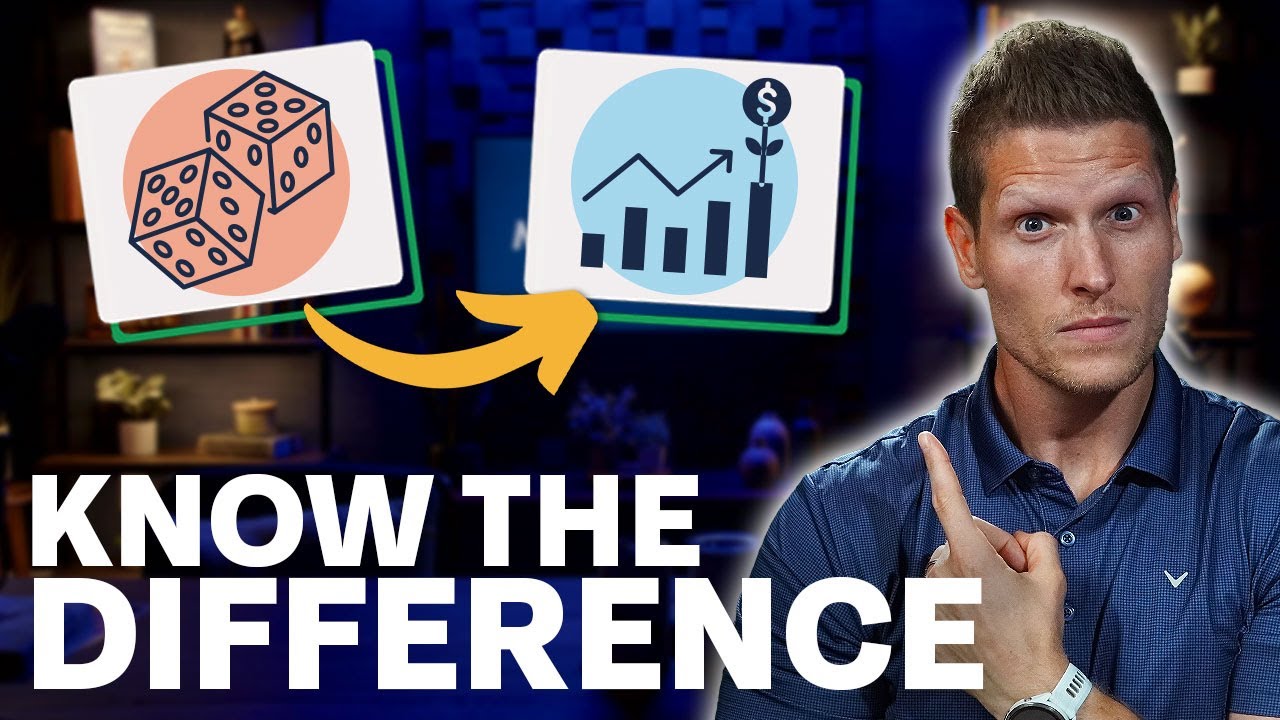In this highlight, we discuss what you should consider when deciding between using a lump-sum or dollar cost averaging to invest.
For more information, check out our free resources here.

Subscribe to our free weekly newsletter by entering your email address below.
In this highlight, we discuss what you should consider when deciding between using a lump-sum or dollar cost averaging to invest.
For more information, check out our free resources here.
Read through our thoughts and tips on how to manage your money better.


Financial Order of Operations®: Maximize Your Army of Dollar Bills!
Here are the 9 steps you’ve been waiting for Building wealth is simple when you know what to do and…
View Resource
How Much Should You Save?
How much of your income can you replace in retirement? You can replace different portions of your income in retirement…
View Resource

Financial Advisors React To WILD Money Advice On YouTube
Watch Now
5 Lessons Investors MUST Learn To Build Wealth
Watch Now
6 Questions to Know If You’re Ready for Financial Independence
Watch Now

How about more sense and more money?
Check for blindspots and shift into the financial fast-lane. Join a community of like minded Financial Mutants as we accelerate our wealth building process and have fun while doing it.




A little knowledge is an amazing thing.
Get your money's worth of answers to your financial questions and more niche topics.
Subscribe to our free weekly newsletter by entering your email address below.